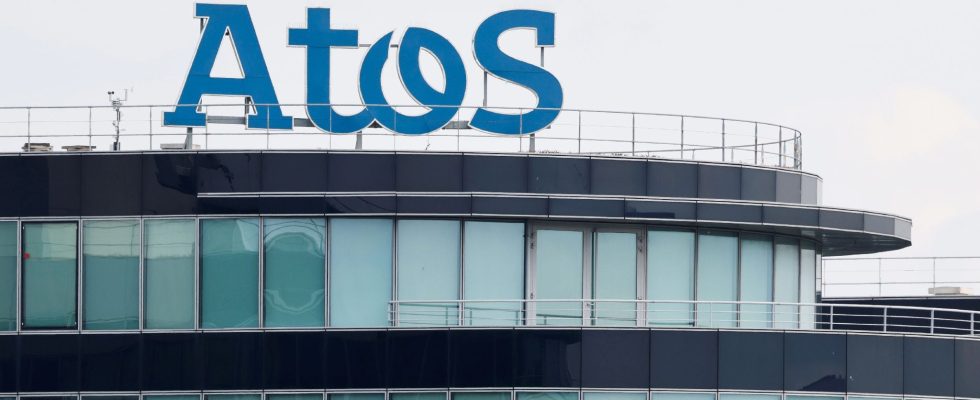Is this the epilogue to a saga with twists and turns? Atos’ bond creditors and banks reached an agreement on Sunday June 30 to take over and save the IT group in difficulty themselves.
The deal will involve a capital increase of €233 million, a contribution of €1.5 to €1.675 billion and a debt reduction of €3.1 billion, according to a statement released four days after the consortium led by Onepoint, Atos’ largest shareholder initially chosen to carry out the takeover, threw in the towel.
This announcement, made by Atos management, reinforces the hope of an end to the crisis for the group, which employs some 100,000 employees in 69 countries but has been plunged into chaos in recent months. He now hopes to move very quickly to launch operations at the beginning of July, before the Olympic Games.
“The restructuring operations will then be implemented during the second half of 2024 with a view to effective completion by the end of 2024 or during the first quarter of 2025,” specifies the group.
Banks and bondholders will then become its majority shareholders: they will hold up to 99.9% of the capital. The capital increase is however open to current shareholders, who would not wish to see their participation diluted, and could, if they contribute, secure a maximum of 25.9% of the shares.
The agreement reached should make it possible to get the group out of the financial rut, to obtain a “BB” credit rating “by 2026” and to guarantee it “a minimum amount of liquidity of 1.1 billion euros “until December 31, 2026.
“Reinvest”
Once the French flagship of IT, the company had a colossal gross debt of 4.8 billion euros and was fighting for its survival. “Atos is saved, it’s over,” a source close to the creditors told AFP on Sunday. “The agreement was reached between the banks and bondholders who have supported Atos from the beginning.” “The main idea is that everything is launched before the Olympics,” she added. The agreement “leaves a share to current shareholders. Those who believe in Atos and would like to reinvest will be able to do so”, she underlined.
Is Czech billionaire Daniel Kretinsky, the rejected candidate for the takeover of the group, out of the game? Creditors and banks “are not closed to the arrival of an industrialist”, this source stressed. “He would still have to prove that he is an industrialist and that it be without (the German fund) Attestor”, which accompanied him in his takeover bid and which “we don’t want to hear about anymore”.
The other investor in the running to take over Atos, Onepoint boss David Layani, whose offer had been selected on June 11, threw in the towel this week, to everyone’s surprise. David Layani, who was to become the new leader, then resigned from the Atos board of directors on Friday and announced that his group wanted to exit the capital, of which it holds 11%.
Strategic dimension
Mired in a financial crisis for nearly three years, Atos, whose shares are now worth less than one euro on the stock market, had initiated a restructuring procedure in February. It is to be a technological pillar of the Paris Games this summer and its future also has a strong political dimension linked to its strategic activities in the field of defense (army equipment or supercomputers used for French nuclear deterrence in particular).
In the aspect which concerns these sensitive activities, Atos announced this week that it had “finalized” the negotiation with the French State “of an agreement aimed at protecting the sovereignty interests” of the latter. Clearly, it is a question of preventing these activities from falling into the hands of foreign actors. In mid-June, the State made an offer of 700 million euros to buy them.
